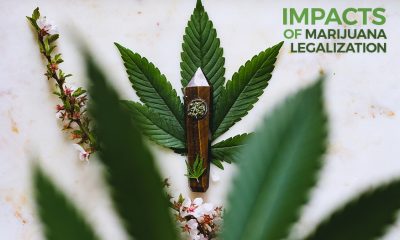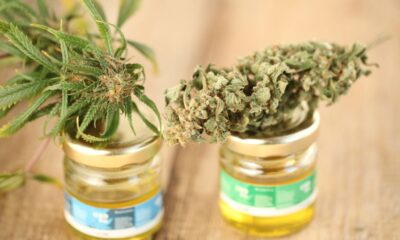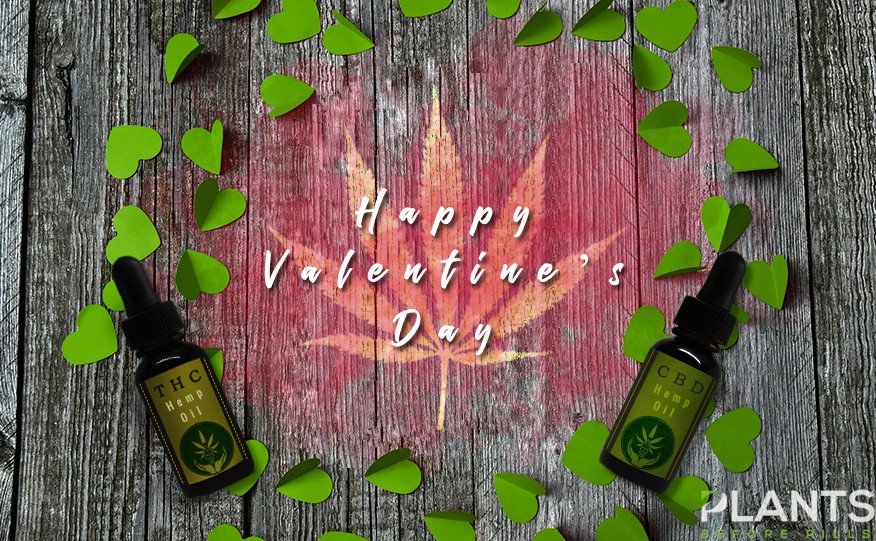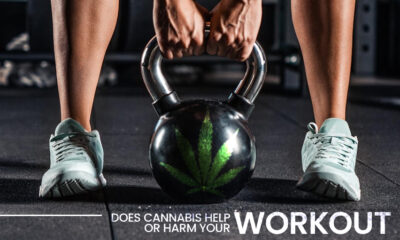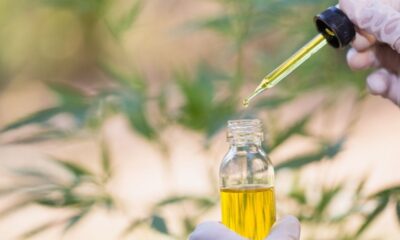Cannabis News
One Year On: Update on Cannabis Legal Market In Canada
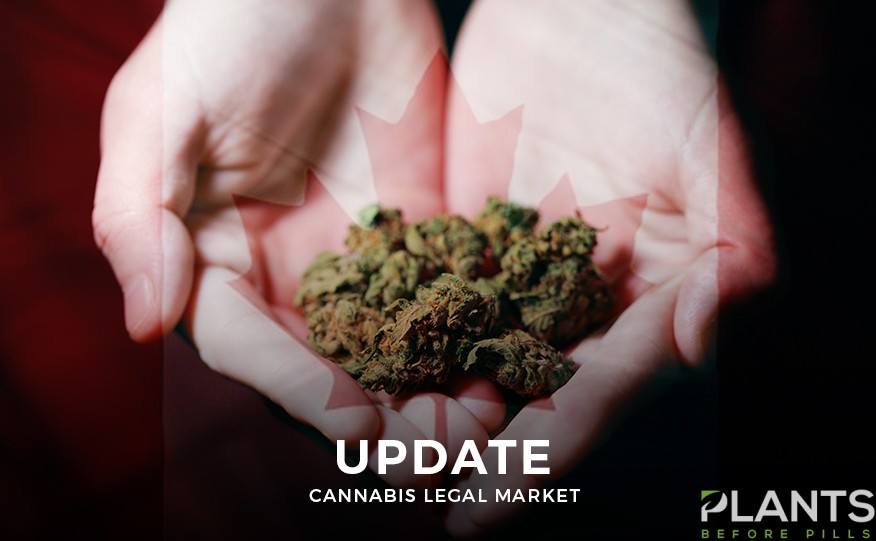
One of the first nations to declare the legalization of cannabis was Canada. The decision to make marijuana legal has wowed not only marijuana advocates around the world but also those who are skeptical about it. When Prime Minister Justin Trudeau declared the regulation to make marijuana consumption legal, more illegal dispensaries showed up, which urged the authorities to take control over the market. Cannabis lawyer Harrison Jordan recalled seeing an influx of these illegal dispensaries during this time.
More than a year later, Canada surprised the world with positive results of the cannabis legalization. Trudeau started the advocacy with the mission to ‘combat criminal elements’ and now, the response is beyond what was expected. Aside from wiping out illegal producers and sellers, the legalization also opened up a new driver for Canada’s economy.
Cannabis Update in Canada
Let us take a look at the first-year journey of cannabis legalization in Canada.
Transition to the Cannabis Legal Market
Before the legalization kicked in, there are a number of illegal marijuana dispensaries all over Canada. Without the license to operate, a number of risks are seen, particularly minors getting involved with marijuana for recreational use. If the market is uncontrolled, almost anyone can purchase and abuse cannabis products. This is already a problem and the Canadian government has to do something to turn the tables and construct stricter regulations.
When Prime Minister Justin Trudeau was in charge, he declared support for marijuana, which led to its legalization in 2018. The Cannabis Act made marijuana legal but involved a number of rules for sellers to distribute cannabis, as well as buyers to get access to the products.
The regulations have made the market saturated, however, participating dispensaries acquired licenses to operate and distribute cannabis. This means, no under-the-table deals are in place, encouraging more people to buy from reputable sellers all over Canada. In one way, this is Canada’s way of dissolving the cannabis black market and take control of the market.
Regulating Cannabis in Canada
By the time that rules were in place, illegal sellers were minimized. The enforcement of the law is strict and the Office of Controlled Substances works closely with the local enforcement agencies to combat illegal sellers and distributors. In addition, raids were conducted to seize cannabis in large amounts and penalize sellers who illegally distribute cannabis beyond Canada’s borders.
Under the Cannabis Act, only individuals in the legal age of 18 can legally possess up to 30 grams of legal cannabis in public, grow 4 plants for personal use, and purchase cannabis from authorized retailers. Violations result in tickets and prison time of 5 to 14 years.
A new law was also introduced called the Bill C-93 or No Fee, Expedited Pardons for Simple Possession of Cannabis, which sought to expedite Canadians with historical criminal records on selling or possessing cannabis in public. This new legislation aims to break the stigma and help people to apply for consideration for small possessions of cannabis.
Positive Impacts Recorded
The Canadian government recently released its first National Cannabis Survey in 2019, detailing the effects of marijuana legalization in the country. The study aims to find the condition of the cannabis market, the number of underage people consuming cannabis, as well as the influence of marijuana in society.
One of the highlights of the study is the contribution to the Canadian economy, with sales up to $43 million in the first two weeks of legalization. According to the study, the cannabis industry grew by 185 percent, contributing almost $8 billion to the country’s GDP. Industry experts believe that the cannabis market have bigger potential and can be worth more than $20 billion in the coming years.
Because of the cannabis legalization, more cannabis enterprises are going in the country to legally produce, sell, and distribute marijuana. The biggest cannabis in the world is operating in Canada, including Canopy Growth Corp., Aurora Cannabis, and Aphria Inc.
Meanwhile, consumer rates also increase for a year, but underage people consuming cannabis didn’t increase. The study also revealed that the number of people driving impaired under the influence of marijuana didn’t increase. Following the legalization, the study states that cannabis use across Canada has remained unchanged, however, the number of people consuming cannabis increased. The statistics revealed that more first-time users increased in numbers, with age over 45 years.
What Needs Improvement
Despite the positive impacts of cannabis legalization, there are some things that need improvement. One is in terms of supply shortages that hurt retailers in Canada. Because the regulation requires licensing of production, sales, and distribution, the licensing bodies cannot fully deliver due to overwhelming demand. Some provinces move quicker than others, that is why there are still some people who turn to illegal sellers to get access to marijuana.
The licensing challenges also prevent more sales for retailers, that is why optimistic year-one estimates were not met. The differences between the local government regulations matter, for instance, Ontario voted for a private model for storefront sales. This led to the increase of online stores in Ontario while physical stores did not open until April 2019. After the storefronts were opened to the public, sales jumped to $19.7 million from $7.7 million.
The issue of accessibility was also raised as edibles and concentrates can be accidentally consumed by youth. A child can easily mistake an edible cookie for a normal cookie, which could bring risks or effects, depending on the potency of the cannabis product. The government also needs to impose stricter regulations on advertising extracts, topicals, edibles, and other cannabis products so youth can be properly educated.
The packaging of cannabis goods also needs to be looked into, just like what Quebec is implementing. Quebec currently prohibits cannabis chocolates, sweets, and desserts to avoid enticing youth to try cannabis-infused products. It all boils down to proper and accessible education to reduce the risks associated with the new cannabis products.
Speaking of new products, cannabis extracts used in vaping devices must be monitored to avoid fatalities related to this. The ingredients causing the harm need to be looked into in order to combat the growing death toll on vaping. This is the reason why Nova Scotia has prohibited flavored cannabis vaping products altogether. Although this move may carry the risk of illegal vaping products, the government needs to take action.
Displacing Illegal Markets
Immediately displacing illegal markets is a big challenge for Canada, considering the uneven access to retail stores in the country. If the supply isn’t enough, many people resort to alternative, which is offered by unlicensed retailers. However, there is a success in slowly displacing these illegal retailers because there is an increase in the reporting purchases from legal purchases. Those reporting purchases from illegal sources declined for a year.
The National Cannabis Survey also revealed that most people turn to legal retailers for safety and product quality, not just price. The strong quality assurance provided by legal producers and distributors helps consumers to shift to the legal market.
For a cannabis business to get a license from the government, basic product quality is examined to fit the quality standards set. The government has established benchmark laboratories to test and standardize the quality of cannabis products. The tests ensure the consistent result or effect of cannabis before commercial selling.
Marijuana Market In The Future
Given that cannabis legalization is only in its second year, Canada will surely have a lot of improvements to make. Some improvements can wipe out illegal sellers, with stricter regulations and penalties. Moreover, as more businesses are jumping in, the cannabis market has a lot of potentials. From edibles, topicals, capsules, skincare, and cosmetics.
In addition to physical dispensaries and stores, more online retailers are expected to come out in the coming years to meet the demand of those looking to buy cannabis online. This is in response to the growing demand of Canadians for high-quality marijuana products for both recreational and medical use.
Finally, research facilities in the country can flourish, identifying emerging concerns in the market as well as implementing best practices for producing high-quality marijuana products. New developments on the marijuana plant can still happen in the future, which will entice more people to use cannabis for medical purposes.
Conclusion
Canada is truly commendable for implementing the legalization of marijuana. Making consumption or use legal on a federal level provides value access to high-quality cannabis for medical and recreational use. More than displacing illegal markets, the legalization also opened another economy driver, which helps the country increase its GDP.
The results came out mostly positive but some loopholes can be corrected given the proper management and implementation. While it is still too early to predict whether 2020 will be a good year for cannabis, market stabilization is key to cater to consumers. This is especially applicable to heavily-populated areas like Ontario.
Effective monitoring and implementing best practices is needed between the different tiers of the government. This might mean reforming regulations set or adding new ones to create an effective policy moving forward.
Medical Disclaimer:
The information provided in these blog posts is intended for general informational and educational purposes only. It is not a substitute for professional medical advice, diagnosis, or treatment. Always seek the advice of your physician or other qualified healthcare provider with any questions you may have regarding a medical condition. The use of any information provided in these blog posts is solely at your own risk. The authors and the website do not recommend or endorse any specific products, treatments, or procedures mentioned. Reliance on any information in these blog posts is solely at your own discretion.
Cannabis Blogs
How Can CBD Helps in Managing Viral Diseases
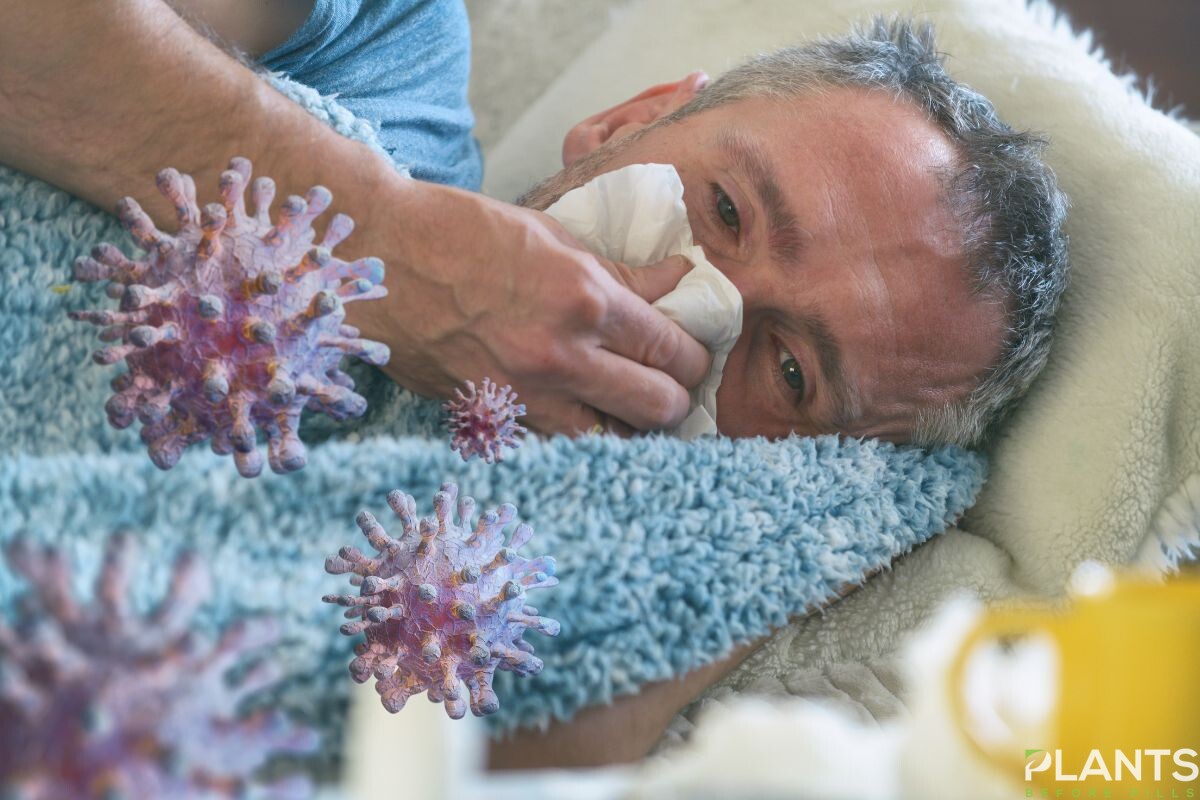
The 2020 COVID-19 pandemic has taught us a lot, especially when it comes to taking care of ourselves and protecting our loved ones against the viral disease. From using face masks, keeping ourselves hydrated all day, and even looking for different ways to manage the symptoms if you’ve been infected.
Among all the interesting remedies and treatments that we have discovered during the pandemic is the connection between CBD and viral diseases. How can the non-intoxicating compound of cannabis helps in managing viral illnesses? Let’s find out here.
CBD and Viral Diseases

One of the key cannabinoids in cannabis is cannabidiol, or CBD, which, in contrast to THC, has no psychoactive properties. Though CBD was once overlooked as a potential treatment for a wide variety of diseases, it is now getting attention as a potential therapeutic vector.
In fact, some circumstantial evidence suggests CBD could be useful for treating viral infections. One study looked into CBD’s effectiveness against Hepatitis C and B viruses. Testing for the virus was done in a culture over the course of many days.
Moreover, CBD was found to have a significant inhibitory effect on HCV cell reproduction, up to 86.4%. Researchers found out that they’re on par with those shown with interferon-alpha, a medicine now used to treat Hepatitis infections.
Researchers evaluated the development of Kaposi’s sarcoma-associated herpesvirus (KHSV) after treatment with CBD in human dermal microvascular endothelial cells. The results of the investigation demonstrated that CBD has weak antiviral activity against KSHV.
It appears that CBD inhibits the spread of KSHV-infected cells, but it has no effect on the efficiency with which the cells are infected. In addition, CBD slowed the progression of KHSV-related malignancies in healthy cells.
Can CBD Helps in Managing Symptoms of Colds and Flu?
An inflamed nose and upper respiratory tract is the root cause of the common cold. Rhinoviruses are the most common viruses responsible for respiratory illnesses, including the common cold and influenza.
Some of the more frequent symptoms of a cold include a sore throat, congestion, runny nose, cough, sneezing, low fever, headaches, and body pains. While there may not be a method to completely eliminate a cold’s symptoms, most people find relief after two weeks of self-care.
CBD has shown promise as a medicinal agent for the treatment of colds due to its antibacterial and antiviral effects, which have been the subject of several research. CBD has been shown to have anti-inflammatory and analgesic effects in scientific studies.
Moreover, according to one research, CBD has been shown to help those with anxiety problems get a better night’s rest. Weak sleepers tend to be more vulnerable to catching a cold.
How to Use CBD for Colds and Flu
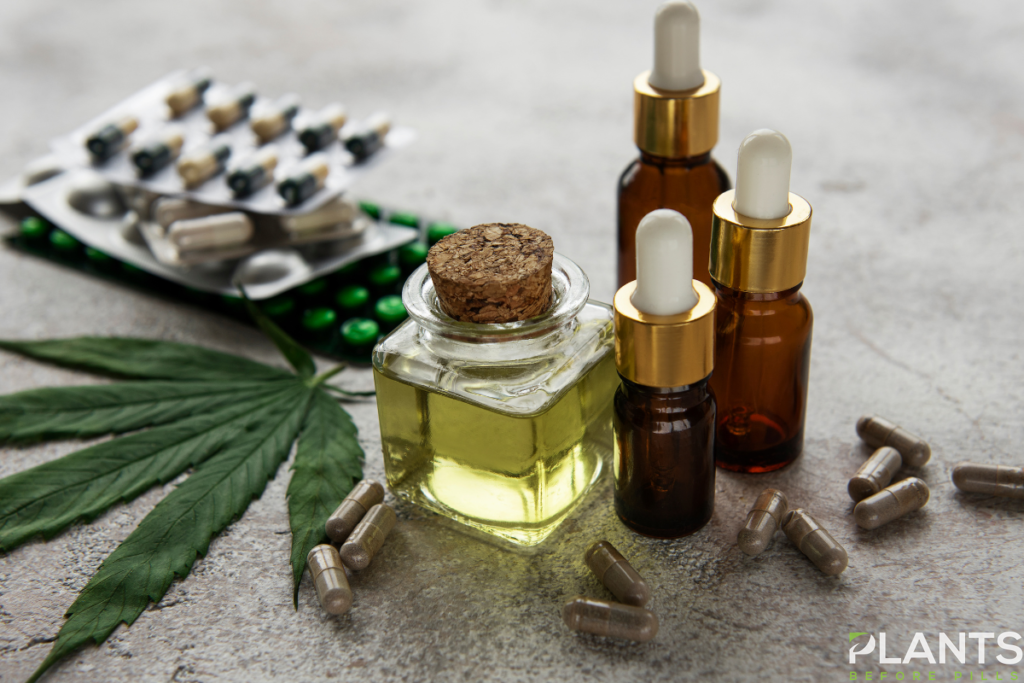
CBD’s potential to alleviate cold and flu symptoms, including inflammation and discomfort, suggests it may be useful for those suffering from these conditions. In addition, CBD oils can help those who suffer from anxiety get a better night’s rest. A lowered immune system and increased vulnerability to infection have both been related to poor sleep quality.
CBD oil or tincture is the most effective form of CBD administration for treating common cold symptoms. In most cases, CBD oils are taken sublingually and kept there for up to 60 seconds. In this way, the healing benefits may last anywhere from six to eight hours.
CBD may also be taken orally, either in gummy or capsule form, which is a wonderful method to start using CBD. This is because they are easy to use and have a consistent dose of CBD built in.
On the other hand, it’s important to know that a full-spectrum CBD oil contains all of the cannabinoids and cannabinoids-like compounds found in the cannabis plant, while broad spectrum CBD oil has virtually none. Also, isolated CBD is the purest form of CBD.
Proper Dosage of CBD
CBD has not been recognized by the FDA as a therapy option. For this reason, CBD does not have a universally accepted dose. However, as a rule of thumb, it’s best to ease into things. If you don’t have any negative reactions, you can gradually raise your CBD dosage.
On the other hand, daily microdoses of CBD can be anything from 0.5mg to 20mg. The typical flu symptom of headache may respond well to these dosages. CBD may be useful for inflammation and discomfort when taken in amounts between 10 mg and 100 mg once day.
Moreover, CBD dosages between 25 and 175 milligrams per day have been suggested for the treatment of anxiety. A strong clinical response can be achieved at these doses. However, the researchers in this study only utilized CBD isolate, not a whole-plant extract, so your mileage may vary.
Possible Risks of Using CBD Oil
Harvard Health Publishing expresses concern in a published piece that customers may not know for sure what is in the product or if the dosage information is true because of the absence of regulation.
Some CBD vendors submit their wares for third-party testing, while others don’t, leaving their customers in the dark about the exact components of the oil they’re purchasing. Since the sector is currently poorly regulated, customers frequently have no idea what is in the items until they can get their hands on the findings.
Many people in the United States are at risk for a serious interaction between CBD oil and the numerous pharmaceuticals they already use. Not only may drug interactions reduce a medication’s effectiveness, but they might also trigger unwanted negative effects.
The Legality Status of Using CBD Oil for Viral Diseases
Federal law no longer prohibits selling industrial hemp products with a THC content of less than 0.3% thanks to the passage of the 2018 Farm Bill. Although this is encouraging news, you should still research the CBD legislation in your state just to be safe.
Always keep in mind that CBD is illegal in several U.S. states. To prevent any legal consequences, you should familiarize yourself with the legislation of the various states.
Conclusion
CBD has caught the attention of the public when it comes to its potential therapeutic benefits, especially in managing symptoms of viral diseases. However, there could be risks that should be considered when deciding to use CBD for viral diseases. That said, it’s better to consult your doctor first before taking any CBD products.
Medical Disclaimer:
The information provided in these blog posts is intended for general informational and educational purposes only. It is not a substitute for professional medical advice, diagnosis, or treatment. Always seek the advice of your physician or other qualified healthcare provider with any questions you may have regarding a medical condition. The use of any information provided in these blog posts is solely at your own risk. The authors and the website do not recommend or endorse any specific products, treatments, or procedures mentioned. Reliance on any information in these blog posts is solely at your own discretion.
Cannabis Blogs
How to Creatively Promote Your CBD Brand in Different Social Media Platforms
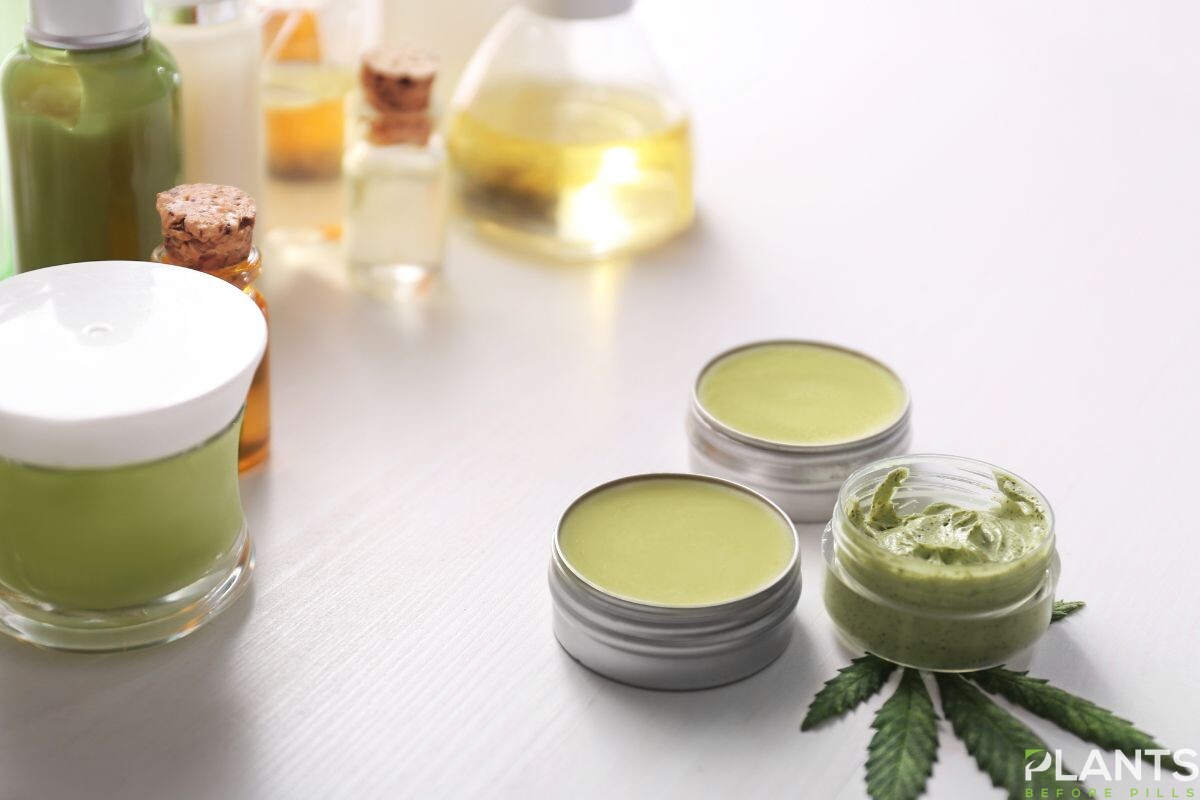
Facebook, Instagram, Twitter, and other social media platforms have been the go-to place for people to read the news, buy products, and even promote their businesses. Indeed, it’s easy to use these social media platforms! All you have to do is to create an account, know your market, and post your products.
But things are different when your business is anything related to the cannabis plant. We all know how difficult it is to promote cannabis-related products and services. We have seen people being behind the bars for just advertising cannabis products, and as an entrepreneur, you never want that.
All you want is to get your business known by the public and earn, right? But how can you do that if there are restrictions that make it difficult for you to do the easiest way to advertise your products? In this article, we’ll give you some creative ways to promote your CBD brand on different social media platforms without breaking the law. Continue reading to learn more.
Tip #1 Know the Guidelines

Your main goal in using social media is to get engagements and convert these engagements into profit. But, as mentioned, it’s difficult to move when your products are anything related to the cannabis plant, regardless if it’s CBD or not.
But you can still maximize social media platforms to promote your business if you fully understand the guidelines and restrictions on every platform. If you adhere to the platform’s guiding principles and limits, you can earn backlinks. Consequently, ignoring these rules might result in your account being disconnected from the venue.
There’s a lot at stake for CBD brands, which must follow regulations set by the federal government when it comes to social media sites like Facebook and Instagram. You need to ensure that your items are safe to eat, that they are properly labeled, and so on so that you don’t miss out on such an important chance. Research on hemp-infused goods should be adequate and from reliable sources so no one can accuse you of being transparent.
Tip #2 Focus First on Educating Than Selling
Keep in mind that social media pages should only promote useful content and not focus solely on selling. If you provide exact and specific advantages of all the items, such as why CBD is important, the advantages of using hemp-infused products, etc., it will be beneficial. Customers are more likely to pay for your hemp-infused items if they read great reviews from others who have purchased them.
Tip #3 Build Community
Rather than focusing on the number of followers you have on social media, you should be looking to build a community that may be mutually beneficial for you. Having “excellent content” and “interesting information” on your page makes people more inclined to purchase your products.
Make your staff aware of the importance of utilizing the correct hashtag on Twitter in order to get more retweets. Promote your content using cutting-edge methods and find new members of your target audience who can help you grow your business.
Takeaway
It’s difficult to keep up with social media regulations when it comes to the cannabis and CBD market, especially if you want to increase your sales and growth. To avoid account limits and lure your target audience to your social media profiles, you can use the three important tips provided in this article. Let us know what you think!
Medical Disclaimer:
The information provided in these blog posts is intended for general informational and educational purposes only. It is not a substitute for professional medical advice, diagnosis, or treatment. Always seek the advice of your physician or other qualified healthcare provider with any questions you may have regarding a medical condition. The use of any information provided in these blog posts is solely at your own risk. The authors and the website do not recommend or endorse any specific products, treatments, or procedures mentioned. Reliance on any information in these blog posts is solely at your own discretion.
Cannabis News
Why are Cannabis Delivery Services in San Diego so Popular?
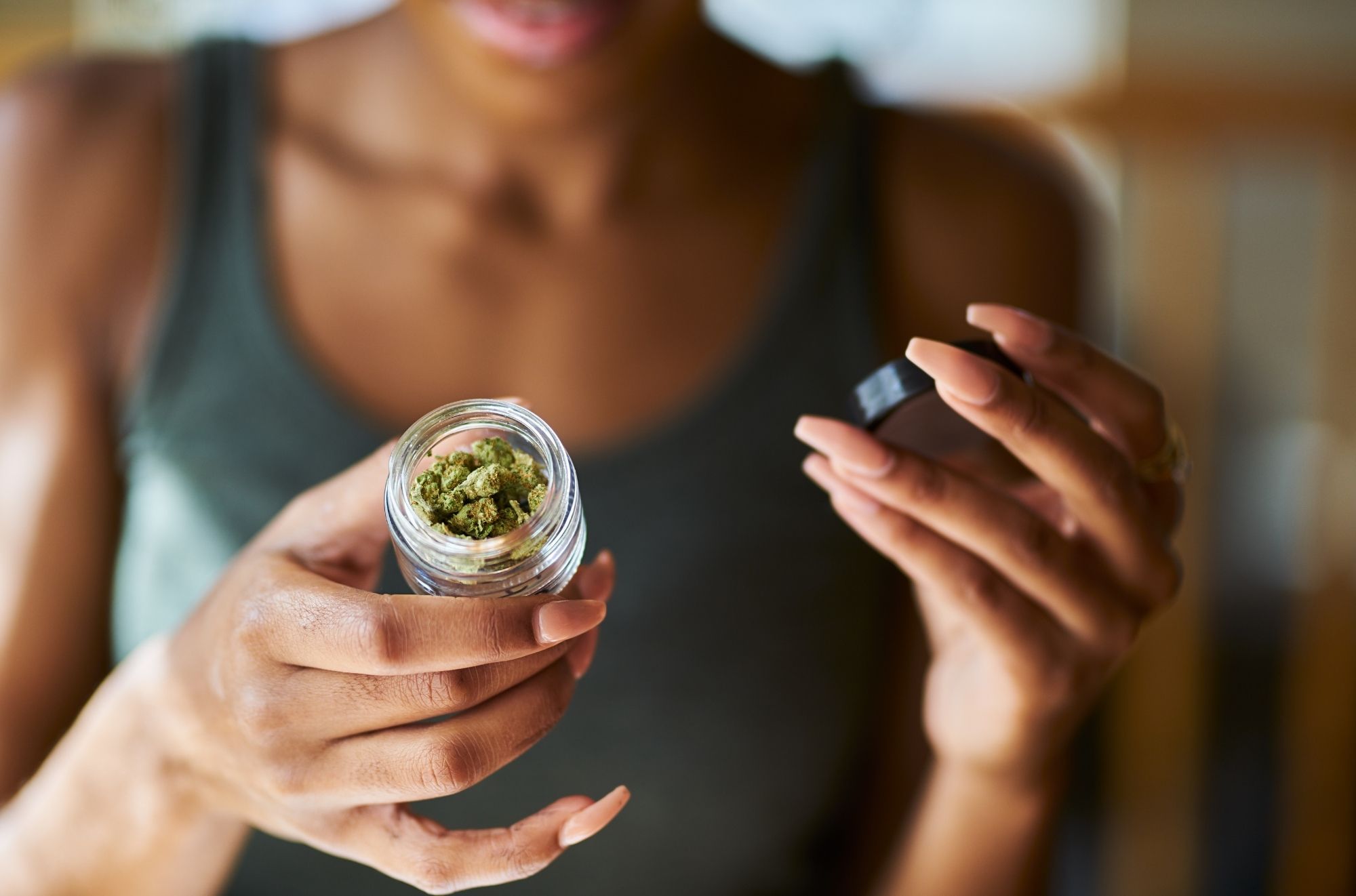
Imagine getting home on a warm afternoon in California, taking a load off, and settling into your favorite chair for some well-deserved relaxation. Your only worry is irritation from being out in the sun all day, which will peak at about 5ish if you know what we mean. Fortunately, though you’re itching to take an aspirin or get some ibuprofen down your throat to relieve that throbbing ache, you haven’t got any medicine on hand! That’s where the best cannabis delivery service in San Diego comes into play big time! Instead of grinding teeth over the discomforts of life, enjoy them with a joint or some herbal relief that doesn’t include anything you have to swallow.
Marijuana delivery services are ones that will deliver weed directly to your doorstep for a nominal fee. To some, cannabis delivery may sound new – but they don’t know that this type of business has been around since the late-90s in San Diego. The increased use of cannabis during the COVID-19 Pandemic has elevated the popularity of these types of companies in San Diego. Many people are now looking for legal ways to purchase their cannabis from weed delivery services. One of the primary reasons this is going on is that it is legal to get your cannabis delivered when you buy from a licensed dispensary; not to mention you never have to leave home!
Besides being convenient and discreet, you never have to worry about going to a dispensary in the first place. Since marijuana is legal in certain states, you can order online and receive your goods at home – no need to even leave the house!
Cannabis delivery services make it easier to get weed straight to your house.
San Diego is full of excellent cannabis dispensaries, but not all are directly accessible. Luckily, legal delivery services allow you to buy cannabis right from a dispensary and have it sent directly to your doorstep. The interactions between a consumer and the delivery service representative can be completely anonymous, making things less stressful in a society where marijuana is still primarily associated with joy. Most legal cannabis delivery services don’t charge high taxes either, which means even more savings!
Using cannabis delivery services can be the best way to get your favorite strain.
With marijuana being relatively easy to get for recreational users, regular and consistent use can lead to burnout. Repeatedly consuming and enjoying weed is more accessible than managing the unpleasant experiences of tapering and provides more benefits than simply getting high, preventing addiction, and associated problems like anxiety and depression. Cannabis delivery will provide you with a safe, dependable source that you can trust each time you order weed online or use a smartphone app, like an Amazon weed app or WeedMaps.
Cannabis delivery services have a variety of strains that can be sent directly to your home.
If you’re looking for a quick and easy way to locate strains that suit your needs, cannabis delivery services can help. They offer the convenience of delivering straight to your home. They allow you to try many types of weed without visiting a dispensary; no need to make a stop on the way home from class or the office! All that is required for these eCommerce websites is an internet purchase; then, a doorbell ring will be all it takes before enjoying some quality cannabis on your couch! Weed delivery services offer various strains that can be delivered straight to your home.
Conclusion
As a busy professional or someone who finds themselves housebound due to a disability like lower back pain, finding the proper method of obtaining your medical marijuana products can be difficult. Luckily, there is something that will work for everyone – San Diego Weed Delivery Services. By doing a bit of research and asking yourself what you need out of these services, you can be sure to find the one that serves your needs best and get the relief you need in as little time as possible!
Medical Disclaimer:
The information provided in these blog posts is intended for general informational and educational purposes only. It is not a substitute for professional medical advice, diagnosis, or treatment. Always seek the advice of your physician or other qualified healthcare provider with any questions you may have regarding a medical condition. The use of any information provided in these blog posts is solely at your own risk. The authors and the website do not recommend or endorse any specific products, treatments, or procedures mentioned. Reliance on any information in these blog posts is solely at your own discretion.
Cannabis News
Epidiolex: The First FDA-Approved CBD Drug
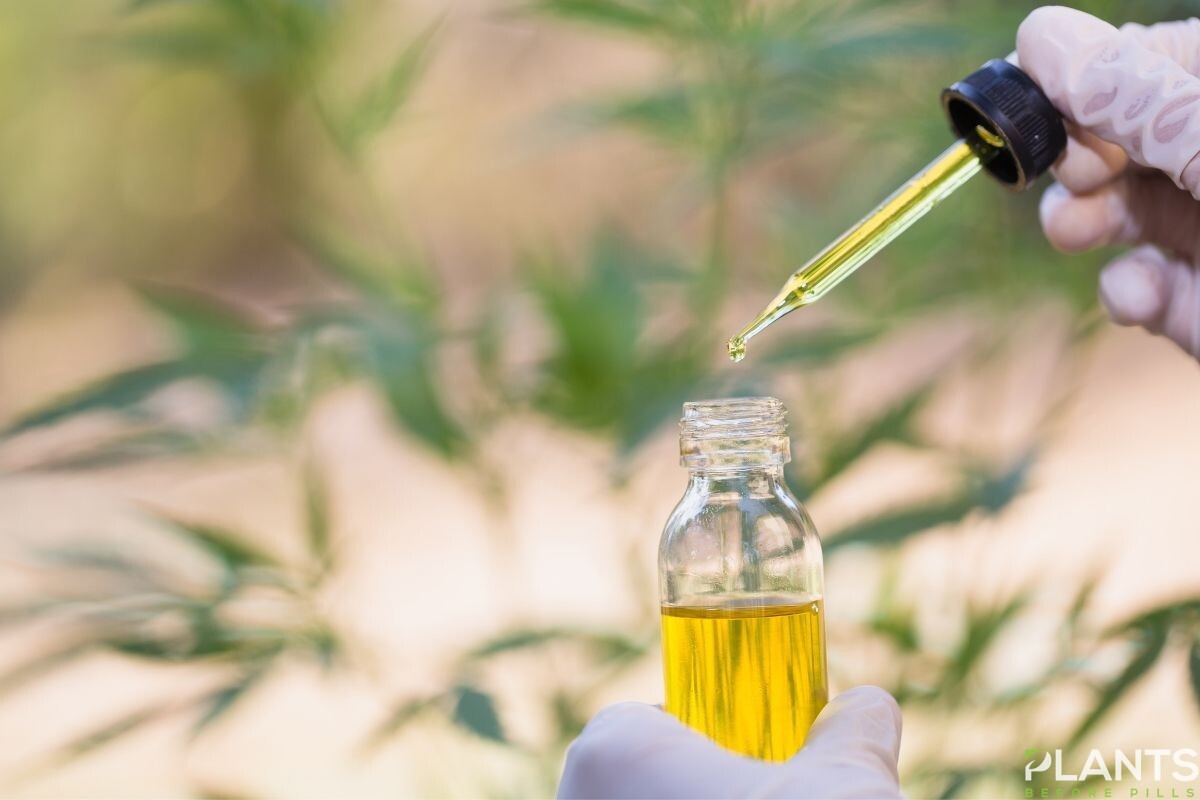
What Is Epidiolex
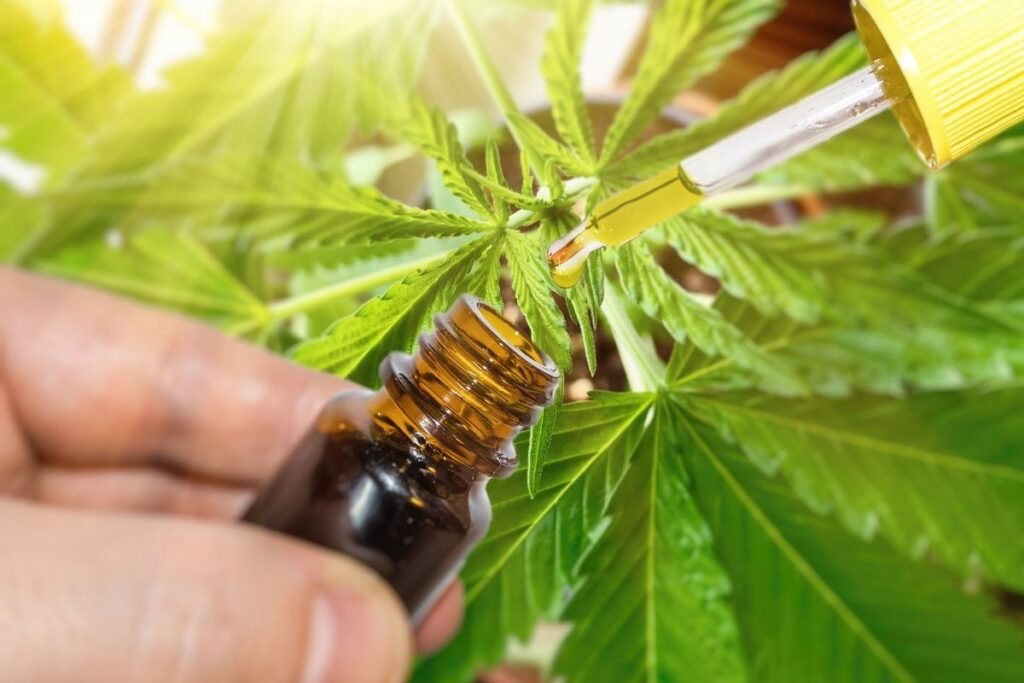
Uses of Epidiolex
Three uncommon diseases, Lennox-Gastaut syndrome, Dravet syndrome, and Tuberous sclerosis complex, are treated with Epidiolex, an FDA-approved drug. These three ailments are notoriously tough to deal with medically. Seizures caused by these diseases typically necessitate the use of many medications to control their frequency. As long as the patient is over the age of one year, Epidiolex can be used on both adults and children. Epidiolex, on the other hand, has not been authorized for the treatment of pain. CBD appears to aid with pain relief in animals, according to research. Fewer research, on the other hand, have examined CBD’s safety and efficacy as a pain reliever in people.Side Effects
Epidiolex’s negative effects might range from moderate to severe. Symptoms of overdose include tiredness and sleepiness. Other adverse effects include nausea, vomiting, diarrhea, and a rash. Epidiolex’s significant adverse effects, on the other hand, are less prevalent than its less severe ones, although they are nonetheless possible. Sedation, severe allergic response, and suicidal thoughts are some of the most significant adverse effects a patient may encounter when using this medication.Conclusion
Epidiolex is the first-ever CBD-based marijuana drug that got approval from the FDA. Though this medication has shown effectivity in various situations and clinical trials, taking this without doctors’ prescription and initial check ups are not recommended since drug overdose is still possible.Medical Disclaimer:
The information provided in these blog posts is intended for general informational and educational purposes only. It is not a substitute for professional medical advice, diagnosis, or treatment. Always seek the advice of your physician or other qualified healthcare provider with any questions you may have regarding a medical condition. The use of any information provided in these blog posts is solely at your own risk. The authors and the website do not recommend or endorse any specific products, treatments, or procedures mentioned. Reliance on any information in these blog posts is solely at your own discretion.
Cannabis News
The Latest Developments in the West Coast Lifestyle Cannabis Scene

The cool, laid-back vibes of the west coast cannabis lifestyle are among the most popular in the United States. Many people enjoy a relaxing day and night out with friends, consuming cannabis, listening to music, or just decompressing at home with an excellent strain. There is no shortage of unique places to go for all your needs for those seeking this type of lifestyle. Since it is a part of the country (specifically California and Oregon) where recreational use is legal, you’re free to indulge at will, with just some general guidelines to follow. Some places in these states even have dedicated lounges for these activities so enthusiasts and smokers can socialize without worrying about being judged or harassed.
The West Coast knows how to maximize the cannabis social and tech scene
The west coast cannabis lifestyle is a unique and exciting experience. From the various dispensaries that are open to all adults to the cultural diversity of cities such as Los Angeles and San Diego, it’s hard not to get excited about the way the West Coast world does things. Additionally, as more states legalize cannabis for medicinal or recreational purposes, these western states will likely become hubs for those who want to live a marijuana-friendly lifestyle.
The culture in California has always been one of exploration and innovation; with the legalization of cannabis came an entirely new industry that can only be beneficial for the state’s economy. With so many different options available on sites like Weedmaps, it’s never been easier to find your perfect strain or dispensary.
Some of the most popular West Coast products and brands on the market are making big moves
Things have been shaking up in California and Oregon over the past few months. With some new vigor and intensity around M&As and the rebranding of some familiar cannabis companies, there is no shortage of movement in the cannabis space out west.
One company to take special note of is Unrivaled Inc, which Terra Tech acquired in March of this year. Unrivaled Inc is a well-run cannabis company that vertically integrates several highly recognized cannabis brands by distribution, manufacturing, and dispensary operations. Some of the brands which fall under the Unrivaled umbrella are; Korova, LTRMN, Sticks, Cabana, and The Spot. Look for them to continue to make waves in the cannabis industry on the west coast.
The West Coast is still popular as a Weed Tourism destination even through the pandemic
California’s cannabis industry has long been a regional powerhouse, but recent years have seen the state become an international destination for weed tourism. In the past few months alone, there are already reports of over 700% growth in revenue from recreational marijuana sales. In addition, California is home to some of the best marijuana farms in North America and has produced quality bud since before prohibition. According to High Times Magazine, the Emerald Triangle – Humboldt County, Mendocino County, and Trinity County – accounts for more than 50% of American production. This means that you will be traveling through some serious 420 territories if you decide to take a weed-cation in this western state, even through the Covid-19 pandemic.
Conclusion
With all this new information, it’s time to get out and explore the west coast. Whether you want a quick tour or an immersive experience, there are many options for cannabis-friendly tours in the West Coast lifestyle scene. Be sure to take advantage of these opportunities while you can and catch that lovely west coast vibe!
Medical Disclaimer:
The information provided in these blog posts is intended for general informational and educational purposes only. It is not a substitute for professional medical advice, diagnosis, or treatment. Always seek the advice of your physician or other qualified healthcare provider with any questions you may have regarding a medical condition. The use of any information provided in these blog posts is solely at your own risk. The authors and the website do not recommend or endorse any specific products, treatments, or procedures mentioned. Reliance on any information in these blog posts is solely at your own discretion.
Cannabis Legalization
The Wonderful World of Weed Edibles

Smoking anything can be very harmful to your body and many people prefer not to smoke. Although some people believe that smoking marijuana is better for your overall health than smoking cigarettes, the smoke can still have harmful effects. Many people want and sometimes NEED an alternative to this. They want to feel the effects of marijuana, without actually smoking it. Weed edibles are the best way to do so. In this article. we’re going to be talking about what are weed edibles and how they affect your body and the modern cannabis market of today.
What Are Weed Edibles?
Weed edibles are different kinds of foods and drinks that have been infused with marijuana. This is achieved by creating marijuana oil and adding it to a desired food or drink. Some may argue that a drink infused with marijuana is not a weed edible, as you drink it, not eat it, but they may refer to it as a weed drink. The most common types of edibles include baked goods and candies, but the possibilities are endless when it comes to weed edibles. If marijuana and weed edibles are legal in your state or whichever country you live in, you can purchase premade weed edibles at a marijuana dispensary. You can also make your own if you have access to some cannabis.
How Do Weed Edibles Effect The Body?
There are two main types of weed edibles that you can purchase; THC weed edibles or CBD weed edibles which both have different effects. THC or Tetrahydrocannabinol is a cannabinoid and the main psychoactive component in marijuana. CBD or Cannabidiol is one of the major active ingredients in cannabis that comes from the hemp plant which is apart of the marijuana family. If you choose a weed edible with THC, then you will feel a high or a sense of euphoria and some sedation, whereas if you choose CBD, then you won’t experience a high, but you may feel more relaxed or relief from any chronic pain you may be suffering from.
Weed edibles can be a great option if you don’t want to smoke marijuana, but you do need to be careful of how much you eat as they are a lot more potent than your average joint. When eating weed edibles, it is absorbed differently than if you were to smoke it. In short, when cannabis is consumed rather than smoked, it gets metabolized by the liver and changed from delta-9 THC to 11-hydroxy-THC. This creates more of a psychedelic effect which is completely different compared to your average high.
Another thing is that it is a lot easier to dose yourself correctly when you smoke because you can control how much weed you want in your joint, blunt, or bong. With weed edibles, if you eat too much, you may experience extreme paranoia especially if you are inexperienced with marijuana plus it takes longer to feel the effects from an edible than if you were to smoke, so it can be very easy to consume too much. If you are new to marijuana and experimenting, then it is advisable if you decide to eat a weed edible, you only eat a small amount and see how you feel after 30 minutes- 1 hour.
To conclude, weed edibles can be the perfect alternative if you want to feel the effects of marijuana without smoking. There are tons of options in regards to the type of edibles you can get and the effects they have on your body. Whether you choose a CBD weed edible or a THC weed edible, make sure to do your research beforehand and decide which type and how much is right for you. Talk to friends and family that have experience which weed edibles and marijuana or even a budtender at your local dispensary as they may be able to guide you in the right direction. Just have fun and be safe while experimenting, because marijuana has great effects and can be a lot of fun plus help with a lot of issues.
Medical Disclaimer:
The information provided in these blog posts is intended for general informational and educational purposes only. It is not a substitute for professional medical advice, diagnosis, or treatment. Always seek the advice of your physician or other qualified healthcare provider with any questions you may have regarding a medical condition. The use of any information provided in these blog posts is solely at your own risk. The authors and the website do not recommend or endorse any specific products, treatments, or procedures mentioned. Reliance on any information in these blog posts is solely at your own discretion.
Benefits of Medical Marijuana
The State of Cannabis in Washington State: Things To Know in 2021

The Pacific Northwest is well known for its beautifully lush landscapes, crisp apples, fresh air, and progressive lifestyle/health views. Being the only state named after a United States president(George Washington), Washington is a place many happily and willingly call home or their sanctuary.
In terms of other well-knowns, Washington state was one of the first to legalize cannabis for recreational use nearly a decade ago (2012 to be exact). As long as you are 21 years old or older and reside in the state, you can privately partake in the consumption of cannabis without any legal ramifications. This has been an appeal to many across the country, with some actually moving to the state for this reason.
In 2021, and with the dawn of a new administration in the White House, marijuana looks to have a very bright few years ahead. We’ve already seen an emergence of pot stocks and hometown dispensaries budding up all around the United States and the rest of North America, and that only looks to continue into the near future.
If you’re in the mood to finally take the leap into using cannabis, now could be a great time to learn more about this wonderful plant and its many healing and rejuvenating properties.
What is it used for mainly in 2021?
Cannabis was once thought only to be good for “getting high.” There has been a plethora of scientific research giving us a better understanding of this miracle plant. It has been used to treat Cancer, Epilepsy, Seizures, Glaucoma, PTSD, Multiple Sclerosis, Inflammation, and even Alzheimer’s disease. In 2021 after a rough 2020, many have been using it as a healthier way to indulge at home, protecting themselves from the ongoing pandemic. Instead of frequent alcohol consumption, there has been a larger shift towards the consumption of cannabis as it has been stated to be less harmful to vital organs like the heart and liver. Alcohol also creates a lot of inflammation within the body, whereas cannabis reportedly fights inflammation.
Best places to buy it in 2021?
The best places to purchase your cannabis are from state-licensed retailers in Washington. Purchasing weed through private means(aka black-market) is still illegal and should be avoided at all costs. Make sure to do your due diligence when seeking reputable dispensaries as there are “pop-up shops” that claim being licensed but are not, and purchasing from them could result in a hefty fine or even jail time.
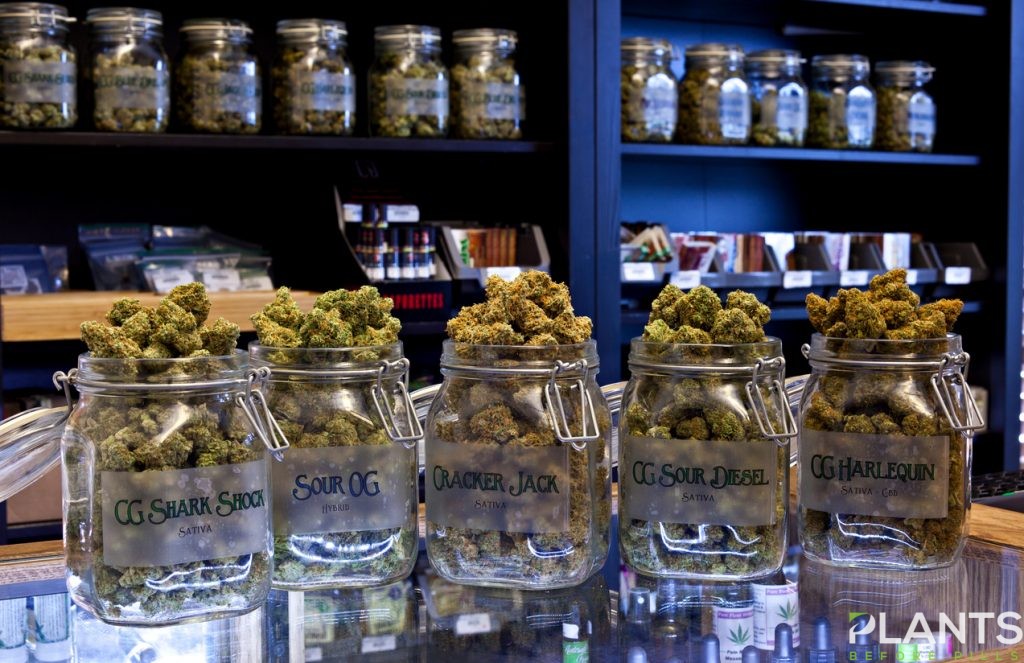
Per WeedMaps, Medical marijuana patients may purchase and possess up to:
- 3 ounces of marijuana, or 85 grams;
- 48 ounces, or 1.36 kilograms of marijuana-infused products in solid form;
- 1.69 gallons, or 6.4 liters of marijuana-infused products in liquid form, or;
- 21 grams of marijuana concentrate.
Washington state cannabis Legislation in 2021
As far as growing and cultivation of marijuana for personal use, this is still illegal. Washington cannabis laws are more liberal than other states, but there are still many restrictions, such as not being able to consume it in “public view”. The most notable push in the cannabis space in Washinton state is a bill for home cultivation.
Conclusion
Washington is a great place to visit and, for many, is one of the best places to call home due to its stance on cannabis consumption. With 2021 being a year of progression, it looks like the state of cannabis in Washington will only continue to shine.
Medical Disclaimer:
The information provided in these blog posts is intended for general informational and educational purposes only. It is not a substitute for professional medical advice, diagnosis, or treatment. Always seek the advice of your physician or other qualified healthcare provider with any questions you may have regarding a medical condition. The use of any information provided in these blog posts is solely at your own risk. The authors and the website do not recommend or endorse any specific products, treatments, or procedures mentioned. Reliance on any information in these blog posts is solely at your own discretion.
Benefits of Medical Marijuana
Could CBD Help Fight Severe Cases Of COVID-19? [VIDEO]
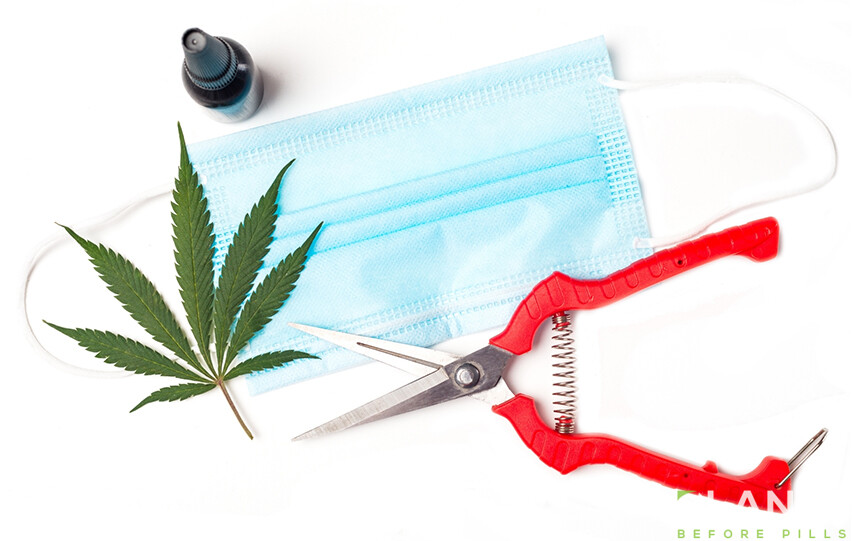
Scientists are now investigating how the inflammatory properties of CBD could treat the cytokine storm that comes along during severe cases of Covid-19 infections. According to research, there are a few strains of cannabis that are worth looking at. Watch this video to learn more.
Medical Disclaimer:
The information provided in these blog posts is intended for general informational and educational purposes only. It is not a substitute for professional medical advice, diagnosis, or treatment. Always seek the advice of your physician or other qualified healthcare provider with any questions you may have regarding a medical condition. The use of any information provided in these blog posts is solely at your own risk. The authors and the website do not recommend or endorse any specific products, treatments, or procedures mentioned. Reliance on any information in these blog posts is solely at your own discretion.
Cannabis Business
Social Equity Partners is Available For Arizona Applicants
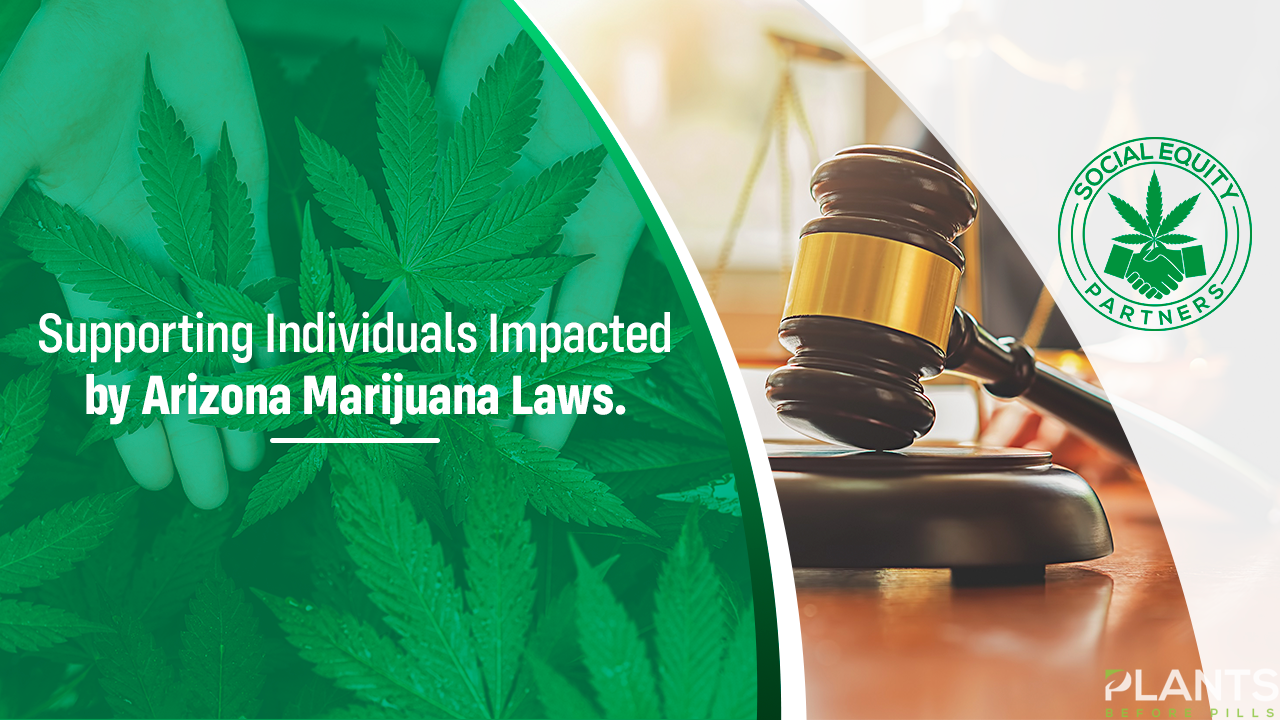
With the passage of prop 207, legal cannabis sales for recreational purposes become a new norm for Arizona residents. The legal cannabis market is a multi-billion dollar industry with a projected worth of $73 billion globally by 2027. That’s why it is important for local residents of Arizona to look for partnerships that benefit local communities within Arizona instead of foreign corporations.
Social Equity Partners’ mission is to assist Arizona residents who were convicted of non-violent cannabis felonies to apply for adult-use marijuana dispensary and cultivation establishment licenses through the program offered by Social Equity Partners. Their goal is to offer Arizona residents with cannabis convictions extensive support in receiving a license and establishing a cannabis business through the Social Equity Program. The founder Thomas Lopez was convicted in 2001 by the State of Arizona with a felony for marijuana possession. He understands the obstacles of what it takes to have personal and professional growth after a criminal conviction which is why he founded Social Equity Partners.
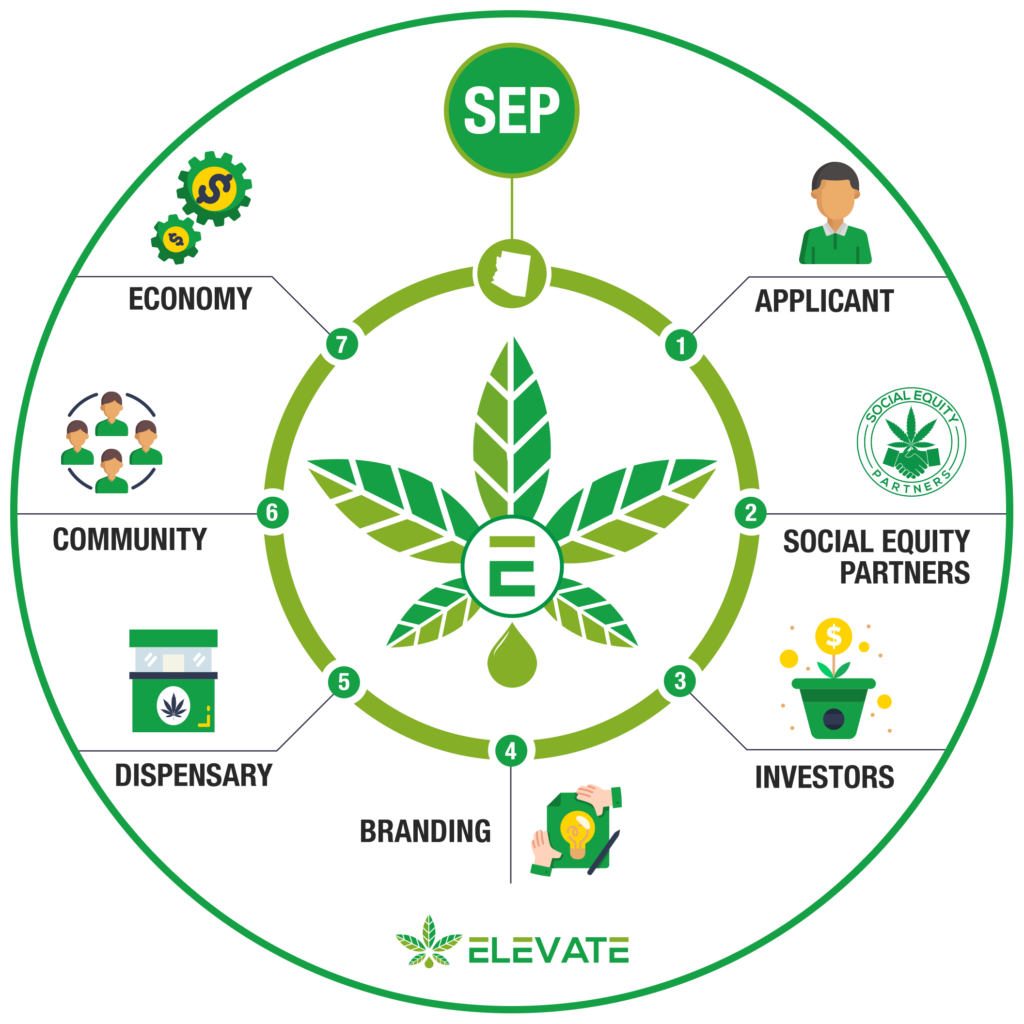
Under the ELEVATE brand label, one of the services that Social Equity Partners offers is access to their fully conceptualized dispensary. ELEVATE is a boutique dispensary with the aim to modernize and deliver the highest-quality marijuana products, with locations planned for Sunnyslope, Glendale and Tempe. ELEVATE aims to serve the local communities of Arizona as a small independent business that keeps money in the community instead of generating profits for foreign corporations while forgetting about the concerns of the local citizens.
Applicants will receive assistance with developing a broad web presence, social media campaigns, and professional branding once accepted into partnering with Social Equity Partners. They will also have access to their pool of local investors who are local community members looking to provide capital for starting dispensaries that benefit local residents instead of funneling money into corporations.
Social Equity Partners will be there to offer assistance during the application process for Arizona residents who are applying with felony cannabis convictions by helping them complete the application, create a compelling business plan, and verify financial requirements. The goal for Social Equity Partners is to ensure that all funding remains local and stays in the community. With this partnership, they believe that applicants have a chance to positively impact their neighborhoods and take part in reinvigorating local economies with locally-based investors’ support.
With a partnership like Social Equity Partners, applicants will have access to full support from land-use lawyers, Realtors, and permitting specialists to help with identifying a site for your cannabis business. Their real estate brokers and lawyers understand the legal requirements for zoning laws for spaces all over Arizona and will help assist partners with finding the right property for their needs. Their partnership increases the likelihood of eligibility for the Social Equity Ownership Program with their proven funding and business plans already in place.
Medical Disclaimer:
The information provided in these blog posts is intended for general informational and educational purposes only. It is not a substitute for professional medical advice, diagnosis, or treatment. Always seek the advice of your physician or other qualified healthcare provider with any questions you may have regarding a medical condition. The use of any information provided in these blog posts is solely at your own risk. The authors and the website do not recommend or endorse any specific products, treatments, or procedures mentioned. Reliance on any information in these blog posts is solely at your own discretion.
Cannabis News
CBD Trends for 2021: Information You Must Have
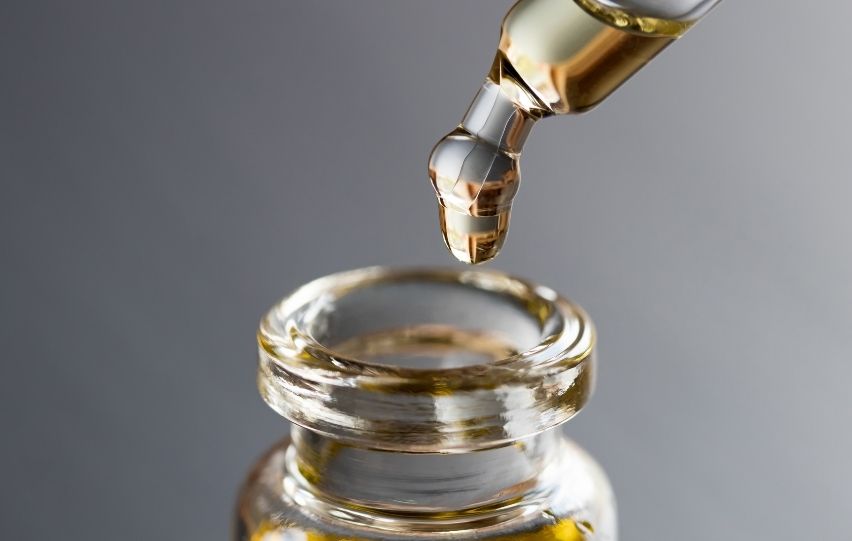
CBD is the non-psychoactive ingredient in marijuana that serves to treat various physical and mental health problems and does not generate addiction nor dependency at all. This ingredient has become highly popular globally because it collaborates in the relief of diverse conditions of physical and mental health. CBD is constantly evolving to offer solutions that improve people’s quality of life. The CBD trends for 2021 are hopeful, as this ingredient will continue to generate benefits for many. Everything you need to know about the trends of CBD for 2021 is below.
Home-grown CBD
Due to the general confinement of Covid-2019, many more people will choose to grow CBD in their home gardens. People want to be self-sufficient because the pandemic is not over yet. Therefore, urban garden sales are predicted to grow throughout 2021.
Dental Hygiene
Several international companies are manufacturing dental hygiene products such as toothpastes and mouthwashes. The components of CBD would serve to improve oral conditions, preventing cavities and gingivitis. Due to its anti-inflammatory properties, CBD can also help as an antibiotic for a toothache.
A new drink
CBD seeks to succeed in the beverage industry in 2021. Several drink manufacturing companies are teaming up with those that cultivated cannabis to create drinks based on an infusion of CBD along with other popular drink flavors. This would be an excellent alternative for those who want to drink something more natural. More and more people are rejecting alcohol, artificial juices, and soft drinks. The CBD industry wants to satisfy those needs, offering a totally natural product.
CBD Mattresses
The CBD industry is increasingly creative and offers solutions for every aspect of daily life. CBD is known to be very effective in relieving insomnia and promoting deep sleep. For this reason, several companies are hoping to launch mattresses and covers based on an infusion of CBD.
A better legal structure
One of the big problems with CBD is that it is not fully legally regulated. For this reason, several companies make claims about the CBD without having a true foundation of facts to prove their claims.
The FDA is going to better regulate CBD during 2021 and that will positively impact the quality of products based on that ingredient.
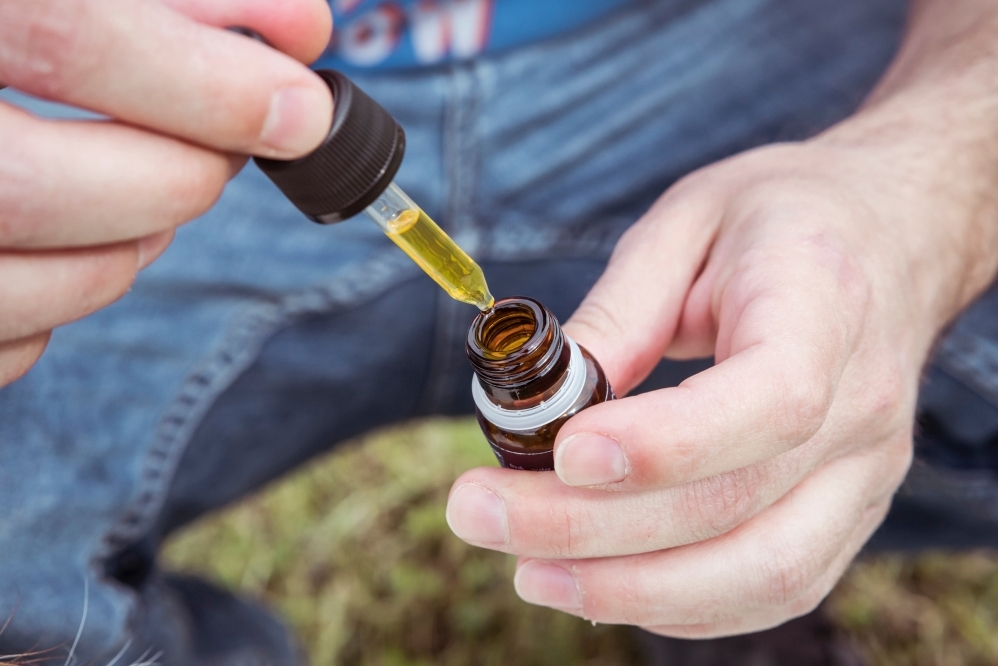
Highest quality standards
Currently, the quality standard for growing CBD is high. Unfortunately, there is a lot of contaminated land and that affects the quality of CBD negatively. Therefore, many brands must meet the current requirements or they will not be able to continue working. Brands like WillowCBD offer high-quality CBD products for many levels of consumers.
Positive awareness
Until a few years ago people had negative connotations and thoughts about marijuana. Thanks to the spread of the benefits of CBD, people have completely changed their opinion on this substance. Everyone knows that CBD has no hallucinogenic effects. In addition, people know that this ingredient can improve the quality of life in several ways. Fortunately, this positive trend will continue throughout 2021.
Conclusion
The new CBD trends for 2021 look to generate healthy expectations throughout the world. Everyone hopes to improve their quality of life and many people are hopeful that CBD will provide relief to many of their problems. It is advisable to be well informed based on reputable sources.
Medical Disclaimer:
The information provided in these blog posts is intended for general informational and educational purposes only. It is not a substitute for professional medical advice, diagnosis, or treatment. Always seek the advice of your physician or other qualified healthcare provider with any questions you may have regarding a medical condition. The use of any information provided in these blog posts is solely at your own risk. The authors and the website do not recommend or endorse any specific products, treatments, or procedures mentioned. Reliance on any information in these blog posts is solely at your own discretion.
-
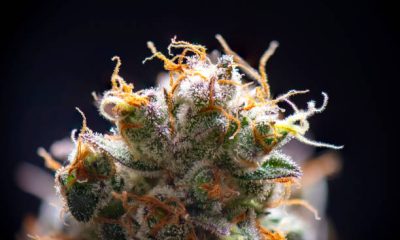
 Cannabis 1016 months ago
Cannabis 1016 months agoExploring the Powerful Profile of Sour Diesel Terpenes: Aroma, Effects, and Uses
-
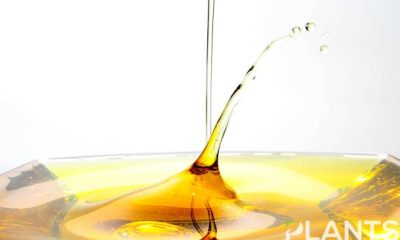
 Videos6 months ago
Videos6 months agoLive Resin Explained: A Potent Cannabis Extract Guide
-

 Cannabis 1016 months ago
Cannabis 1016 months agoWhere to Find the Best Weed Stores in Calgary Without the Headache
-

 Cannabis 1016 months ago
Cannabis 1016 months agoThe Future of vape hardware manufacturer: Innovation Quality and Compliance
-
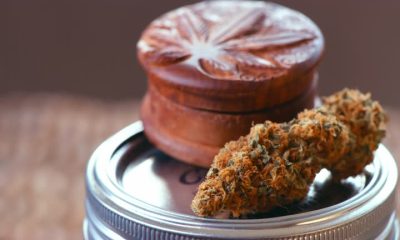
 General5 months ago
General5 months agoIntroduction to Buying Marijuana Seeds
-
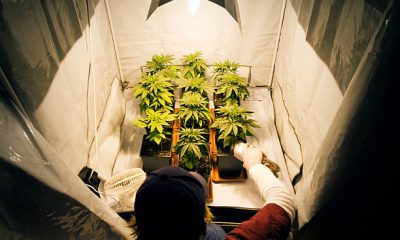
 Cannabis 1015 months ago
Cannabis 1015 months agoThe Complete Guide to Growing Marijuana Tohumsuz
-

 Cannabis Business6 months ago
Cannabis Business6 months agoBenefits of Partnering with a Cannabis POS Provider
-
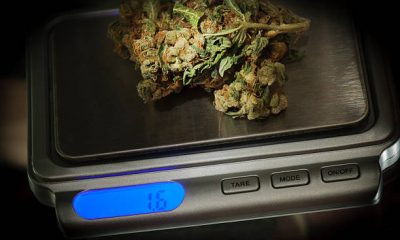
 Cannabis Blogs5 months ago
Cannabis Blogs5 months agoThe Ultimate Guide to Cultivating Cannabis in the Netherlands

